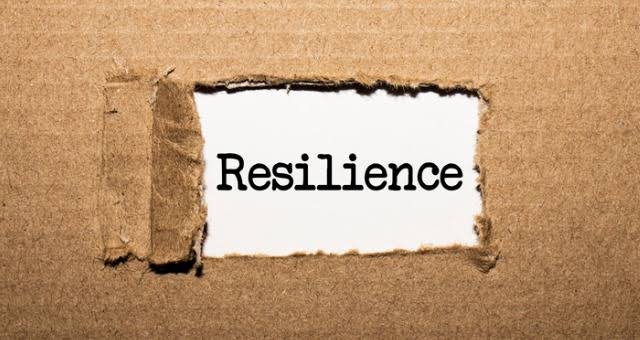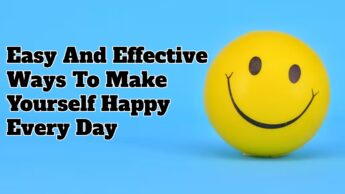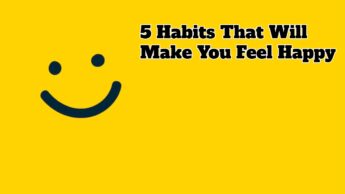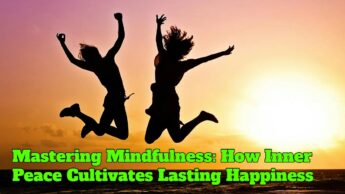Mental resilience is something that can be strengthened throughout a person’s life, not something that is determined from birth. We’ll look at a variety of ideas and techniques for boosting mental toughness in the sections below.
Skill Acquisition
Learning new skills can help build resilience by helping to establish a sense of mastery and proficiency, both of which can be useful during difficult circumstances, as well as increasing one’s self-esteem and problem-solving abilities. The skills that must be learned will be determined by the individual. Some people, for example, may benefit from increased cognitive skills like working memory or selective attention, which will help them operate better in everyday situations. Others might gain from competency-based learning to learn new hobby activities.
Setting Objectives
The ability to set goals, create meaningful steps to reach those goals, and execute them all contribute to the development of willpower and mental toughness. Goals can be tiny or big and they can be about your physical health, profession, emotional well-being, finances, spirituality, or anything else. Goals that involve the learning of new skills will reap double benefits. Learning to play an instrument or learning a new language are two examples. According to some studies, setting and working toward goals that are bigger than oneself, such as religious involvement or volunteering for a cause, might help increase resiliency. This may give you a stronger sense of purpose and connection, which can be beneficial through difficult times.
The exposure that can be controlled
Controlled exposure is a technique to help people overcome their concerns by gradually exposing them to anxiety-provoking events. According to research, this can help people become more resilient, especially when it entails learning new skills and setting goals. For example, public speaking is a vital life skill but also a source of anxiety for many people. People who are terrified of public speaking might set goals for themselves that include controlled exposure to improve or acquire this ability. They can start with a tiny audience of one or two people and gradually grow their audience as time goes on.
Also Read: 5 important benefits of mindfulness





